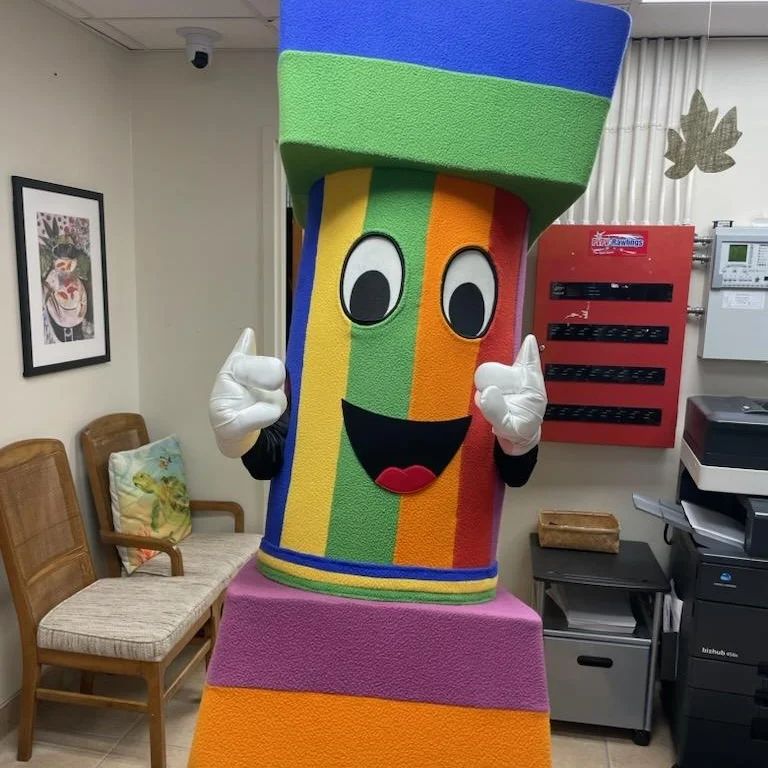The Six Pillars of Character are the core ethical values of CHARACTER COUNTS! These values were identified by a nonpartisan, secular group of youth development experts in 1992 as core ethical values that transcend cultural, religious, and socioeconomic differences.
Our Six Pillars of Character are universally accepted values. They are recognized across different cultures, socio-economic statuses, and religions and can be easily identified at school, home, or in communities.
To help students, families, and educators remember the Pillars, we recommend always listing them in this order: trustworthiness, respect, responsibility, fairness, caring, and citizenship and using the acronym “T.R.R.F.C.C.” (Terrific). It also makes the Pillars easier to remember if you associate them with their corresponding colors:
Your school/organization may already have identified values and expectations. For example, if you are implementing Positive Behavior Interventions and Supports (PBIS), you may have expectations that include respect, responsibility, or caring. When you continue to use your existing expectations, CHARACTER COUNTS! can extend students’ understanding and provide a powerful common vocabulary for additional character skills that students will need to develop for success in school, work, and life.
The Six Pillars of Character provide your school/organization with a common vocabulary for students. When everyone uses the same vocabulary, it is easier to teach new character skills, advocate and enforce expectations, and be a good role model.
Here’s an example of how educators or families can weave in trustworthiness.
Call attention to trustworthy behaviors when they occur. Be sure to use the word “trustworthiness” to illustrate the concept. Situations that offer teaching opportunities might include:


Every month we send out highlights of our free resources. Join our mailing list so you can have those new resources delivered to your inbox.
(C) 2024 The Ray Center at Drake University is proud to be the home of CHARACTER COUNTS! CHARACTER COUNTS!, the Six Pillars of Character, and Pursuing Victory with Honor are trademarks of the Josephson Institute. CHARACTER COUNTS! was founded by Michael Josephson through the Joseph and Edna Josephson Institute of Ethics.